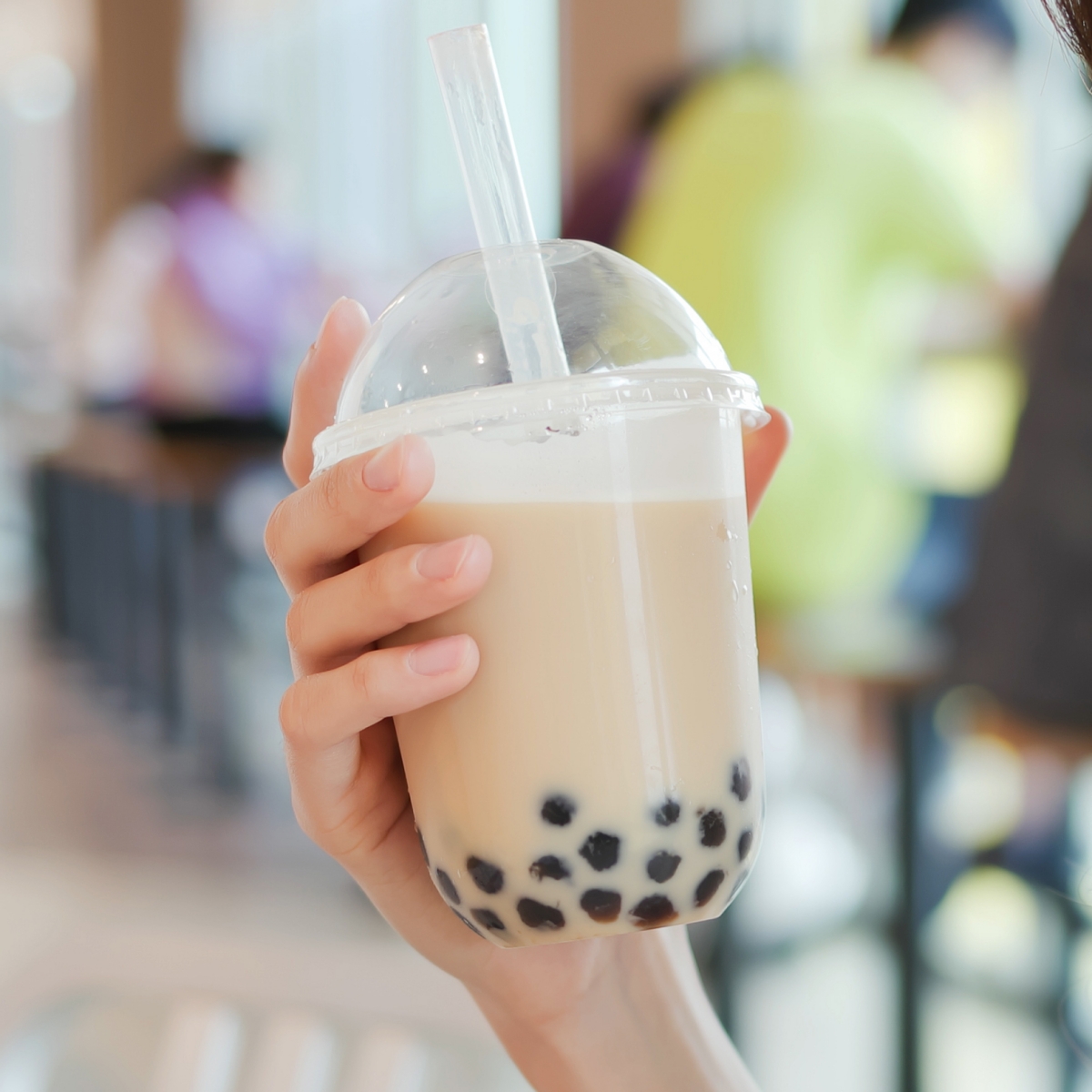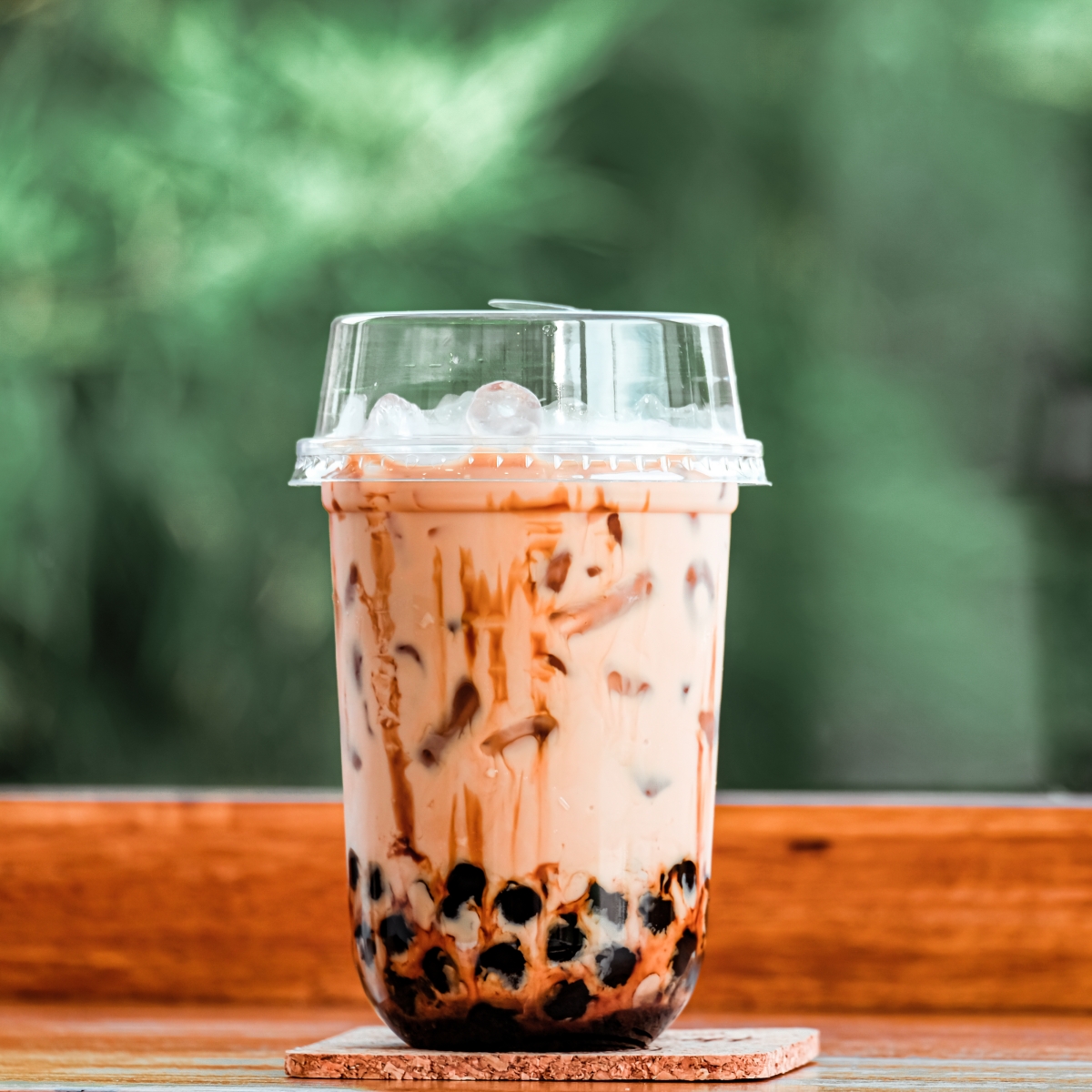Bubble Milk Tea The Sweet Sip with Hidden Health Concerns
“Bubble Milk Tea” remains a popular beverage choice and has been incorporated into various menus for wider market availability. According to the Thai People's Health Report 2023, findings revealed that sweetened drinks account for 26.3% of the Thai population's beverage consumption, with a noticeable preference among those with higher incomes.
Despite its appealing sweet flavor and distinctive texture, bubble milk tea consumption may have negative health implications that consumers should be cautious of:
Encourages Weight Gain and Obesity Risk
Most bubble milk teas contain added sugar, syrup, creamer, and powdered milk, making them higher in calories compared to standard tea beverages. Additionally, the inclusion of tapioca pearls, a hallmark of this drink, adds to its caloric load. Drinking a single glass can be calorically equivalent to consuming a full plate of food, elevating the risk of weight gain and obesity.
Elevates the Risk of Chronic Non-Communicable Diseases (NCDs)
Bubble milk tea is packed with sugar, with a single 16-ounce serving containing up to 38 grams of sugar. Excessive sugar intake can lead to chronic non-communicable diseases like diabetes, high blood fat levels, and fatty liver disease.
Disrupts Sleep Patterns
Consuming excessive sugar on a daily basis can disrupt sleep quality. Studies indicate that individuals with diets high in sugar and fat often experience poorer sleep quality, including longer sleep onset times and reduced sleep duration. Inadequate rest can impact overall health and daily routines.
Today, bubble tea beverages are easily accessible to people of all ages and socioeconomic backgrounds due to widespread advertising and affordable pricing. However, this accessibility should not overshadow the importance of prioritizing health.
As we commemorate National Bubble Tea Day on April 30th, let's express our concern and raise awareness about the importance of maintaining healthy dietary habits for the well-being of the Thai population. Let's strive for good health by making informed choices about food and adopting appropriate eating behaviors.
Reference
- สถาบันวิจัยประชากรและสังคม มหาวิทยาลัยมหิดล. สุขภาพคนไทย 2566 : คำสัญญาของไทยใน “คอป” (COP: Conference of Parties) กับการรับมือ “โลกรวน”. พิมพ์ครั้งที่ 1. นครปฐม: สถาบันวิจัยประชากรและสังคม มหาวิทยาลัยมหิดลร่วมกับสำนักงานกองทุนสนับสนุนการสร้างเสริมสุขภาพ, 2566. 136 หน้า.
- Min JE, Green DB, Kim L. Calories and sugars in boba milk tea: implications for obesity risk in Asian Pacific Islanders. Food Sci Nutr. 2017 Jan 1;5(1):38–45.
- St-Onge MP, Roberts A, Shechter A, Choudhury AR. Fiber and Saturated Fat Are Associated with Sleep Arousals and Slow Wave Sleep. J Clin Sleep Med. 2016;12(1):19-24.




